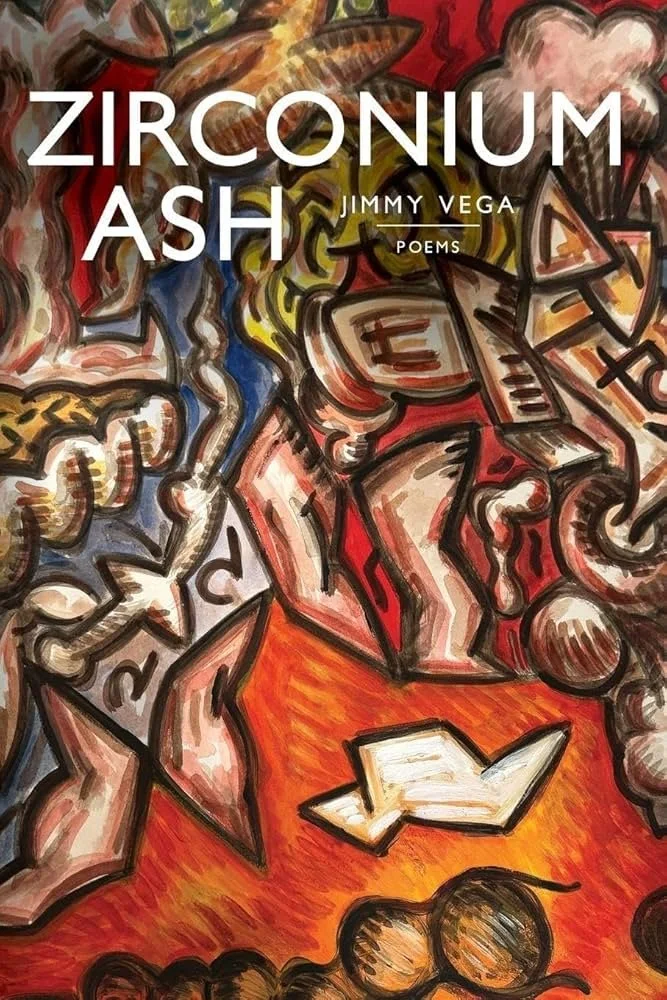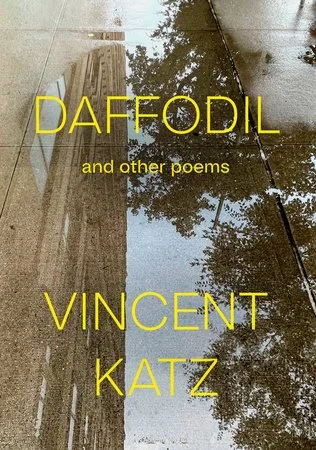Ends & Odds
Ends & Odds
The innovative voice of this first book doesn’t settle for a display of prowess, but embodies a young poet’s attempt to discover, in the words of Ezra Pound circa 1912, “a language to think in.”
A film poem by Corrado Armanetti, based on Paul Vangelisti's "Green Wind," written and shot in the Lunigiana region of northwestern Tuscany. 2025. Color. Running time: 6:19.
All this made a curious impression when Bukowski told me a story about his early devotion to Fante.
Levine is careful to emphasize that the best translations serve a dual function, as a critical interpretation of the text in question, and as a work of art in a new form that reproduces or reinvents the original.
I ought to stop here as I don’t intend a reading or critique of this book, but rather an emphatic notice of its publication.
To this consistent authoritarian, a eugenicist and a fascist sympathizer who would go on to write unsingable marching tunes for the Blueshirts, the somewhat bathetic Irish version of Mussolini’s Blackshirts and Hitler’s Brownshirts, liberals regularly turn to lament the descent of democracies into social chaos, whether they see those responsible as the anarchist “infantile left” or the Hawaiian-shirted Proud Boys on the right. Over and over again, we hear cited “Things fall apart; the centre cannot hold; Mere anarchy is loosed upon the world” and then, inevitably, “What rough beast … Slouches towards Bethlehem to be born.”
The notion of the poet-translator is noteworthy in the context of Vincent Katz’ new book of poems, Daffodil, which has just appeared from Knopf.
On the whole, the best work in this anthology ends up contradicting the title: poetry does not go to the movies. Instead, it uses movies as poets have used their fantasies about a beloved person to write love poems.
The two new books of poetry I’d like to talk about are Richard Milazzo’s More Fugitive than Light (Tsukuda Island Press, 2025) and Kyle Harvey’s There Without Being There (BlazeVOX, 2025), both noteworthy examples of independent publishing.
I'm still trying to narrow down the folks who I know will be brilliant; a couple more have occurred to me: Ben Goldberg (clarinet) and Derren Johnston (trumpet). We have an embarrassment of riches here in the bay area. I'll decide soon enough.








